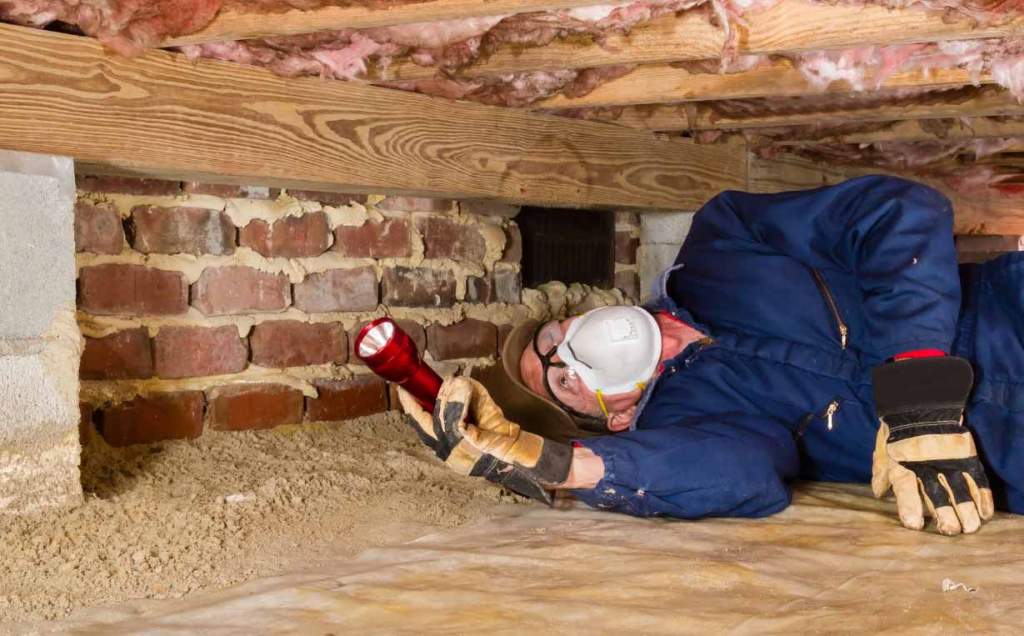Home inspectors have been extremely busy the last couple of months as the real estate market has been heating up! This can make it difficult to find a thorough and experienced professional when trying to sell a home. Here are some tips to hopefully help you through this process.
To begin with, it is important to note that not all home inspectors are the same. It is recommended to go with someone that you know or an individual who has great reviews and a strong reputation.
Communication is one of the biggest variables in having success with a home inspector. Entire sales can break down and a potential buyer may lose the house of their dreams if the home inspector is inaccurately able to communicate what the deficiencies are in a property.
Common questions to ask a potential home inspector:
Are you licensed?
What is your experience prior to doing home inspections?
- Previous work experience can help with understanding the home better (such as construction)
How many inspections have you done?
- The more inspections the better, there is a learning curve associated with this job (recognizing common flaws, knowing what to look for)
Do you get up on the roof and down into the crawl space?
- Want to make sure they do not miss anything that may be lurking in the dirtier and darker spots (animal droppings, mold, wiring or plumbing issues)
What type of equipment do you use during an inspection?
- A moisture meter can be used to find moisture in the walls (ex. behind tile in shower)
- Heat sensors can be used to determine how well a home is insulated

For both sellers and real estate agents, try to be present for the home inspection so you can walk through the house with the inspector and ask questions. You can use this time to hear practical explanations of the issues with the home and gain a better understanding of how to fix them.
After a home inspection, a report is created. This report should include information about electrical faults, moisture content, design flaws (ex. old skylights), and any major structural integrity issues. This report can be daunting as its main purpose is to list what is wrong with the property. It is important to keep in mind that the older homes being sold today were not built following today’s building code. Focus on what is common for houses of this age and price point and what is not common.
There are some big-ticket items that are difficult to get closure on during an inspection. These can include:
- Drainage – home inspector may have a small scope that can show if surface drainage is clogged; would need a professional with a longer scope to gain more information on this
- Asbestos – need a professional in a hazmat suit to perform an inspection; would cause structural damage to multiple areas of the house as they would have to open the wall for sample
- Presence of an oil tank on the property – may be able to find some evidence, but would need a ground penetrating radar scan to know for sure
One last note is that a home inspection is a condition report of how the home sits today. This means that it cannot predict what will happen in the future and cannot tell for certain what has happened in the past. Using an experienced home inspector can help with some of these uncertainties, however there are still limitations. Nevertheless, a thorough home inspection can help you make a more informed decision when selling or buying a home.
Listen to The Garbutt+Dumas Real Estate Podcast: The Benefits of Working with an Experienced Home Inspector episode to hear James and Denny breakdown what to expect from a thorough home inspection.
Do you have questions regarding how to find the best home inspector and get the most out of this process? We would love to hear from you – contact us and we can help you with some of the specifics.
